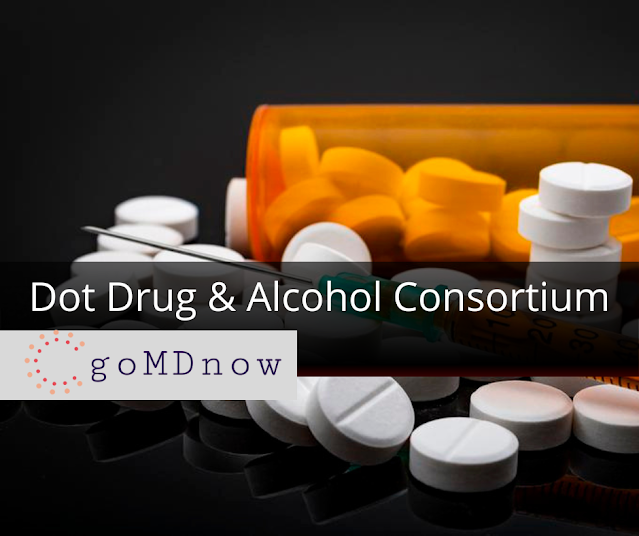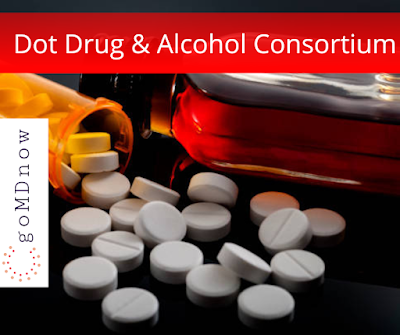DOT/Non-DOT Drug Testing

DOT/Non-DOT Drug Testing Employers regulated by the Department of Transportation (DOT), offer membership in the Consortium for DOT Consortium Drug & Alcohol Testing . Membership in the consortium helps minimize workplace conflict as employers are excluded from the selection process. Administrative fees are low and we can arrange for multi-site clinic participation for a small additional fee. Member employers provide lists of employees subject to regulations. Throughout the calendar year, the entire consortium is regularly "pulled". (On average, coalition membership totals more than 1,000 employees.) The selection process is computer-based and completely random. Every time they "pull" drugs or alcohol, all employees of consortium member companies have an equal chance of being selected. In other words, once a person is selected, that person's name is returned to the pool. The person has the same chance of being selected during the next "pull...





